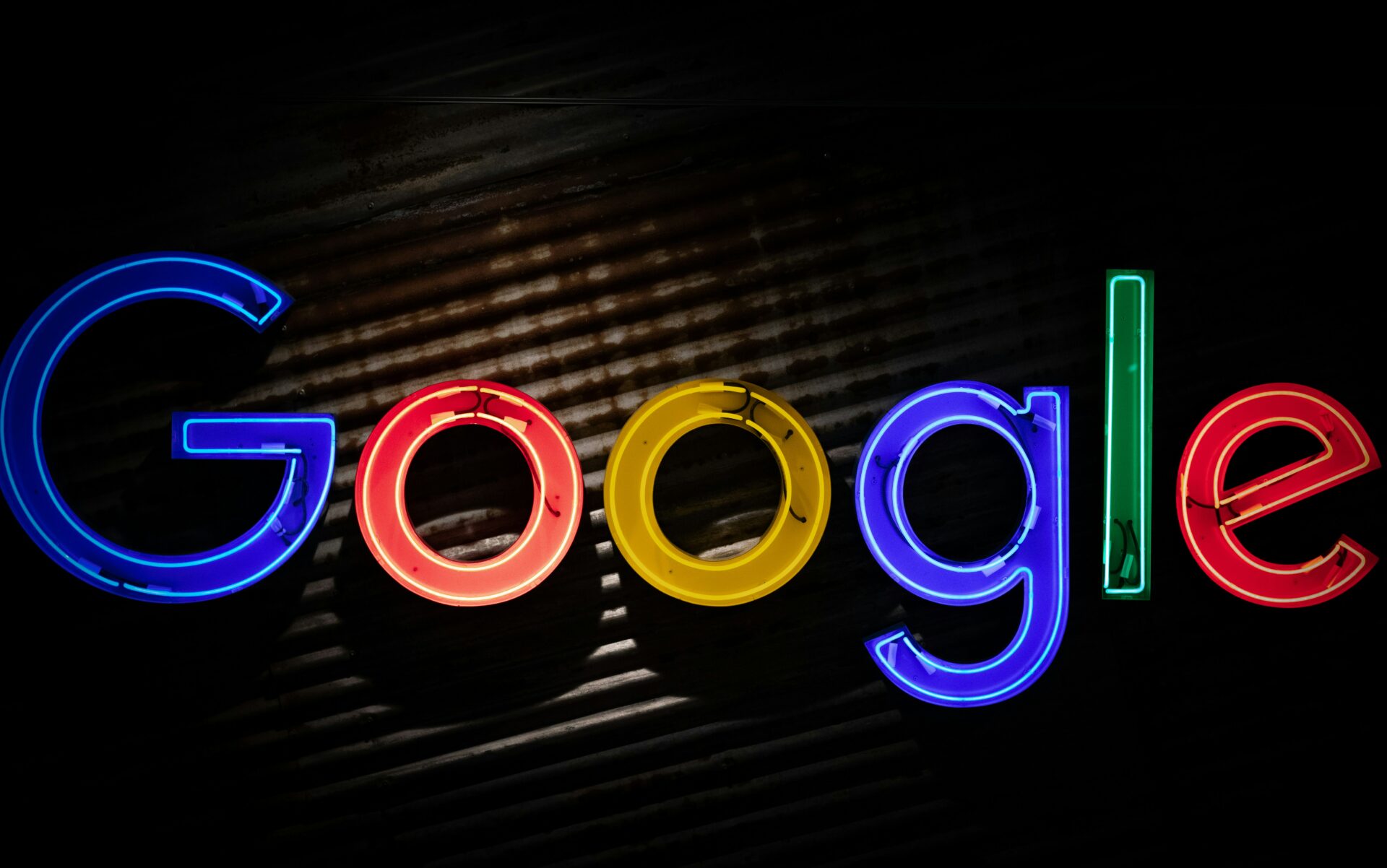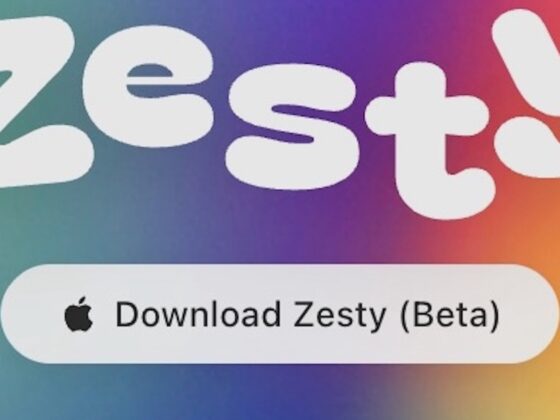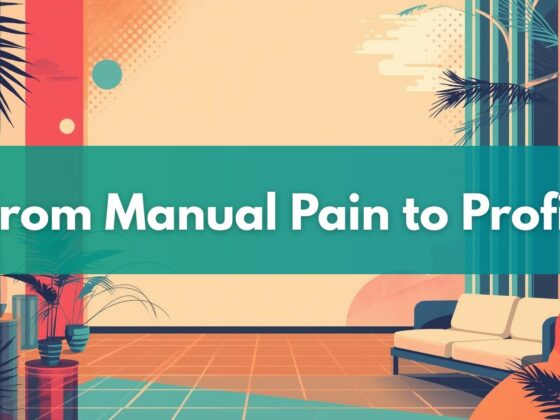How yesterday’s Gemini updates reveal the real battle shaping the future of hotel distribution
Nov 19, 2025
Key takeaways
- Google holds the intent advantage: It sees what travellers want before anyone else — through Search, Maps, YouTube, Gmail, Android — giving it a uniquely deep travel-intent graph.
- Agentic booking is now real inside Gemini: With yesterday’s updates, Google can move from planning to booking flights and hotels directly in the chat interface.
- OpenAI can imagine trips, but cannot transact them: ChatGPT lacks native travel data, inventory access, pricing infrastructure, and booking rails.
- Distribution is Google’s silent power: Agentic travel is being woven into tools billions already use daily, while OpenAI depends on users coming to ChatGPT.
- For hotels, the funnel is shifting upstream: More decisions — and soon bookings — will happen inside Google’s AI flow, long before a guest reaches a website or OTA listing.
The race toward agentic travel — AI that plans, prices, and books entire trips — is often framed as a battle between Google and OpenAI. But after Google’s latest rollout of travel-AI features yesterday, the differences between the two companies have sharpened. This is not a competition of who has the more elegant model. It’s a competition of who sits closest to real traveler behaviour, real inventory, and real booking infrastructure. And by those measures, Google is widening its lead.
OpenAI still sets the cultural tempo of AI innovation. But Google increasingly shapes the commercial reality of travel.
The advantage of seeing travel intent before anyone else
Every journey begins not with a booking, but with a search. And most of those searches happen on Google.
A curious thought — “best islands to visit in March,” “Zurich weekend trips,” “family hotels with pools” — enters the search bar, and Google captures the earliest signal of upcoming travel demand. Add to that Maps movement patterns, YouTube destination research, Gmail itineraries, Android location histories, and hotel-rich snippets in Google Hotels, and the picture becomes clear: Google sees global travel intent at a depth no LLM provider can match.
OpenAI can interpret brilliantly, but it cannot observe. In agentic travel, that distinction matters.
Yesterday’s update shows Google closing the loop
The latest Gemini and AI Mode releases push Google from the planning phase into the booking phase. Flight Deals now works globally. The Canvas tool assembles itineraries. Gemini chat can understand constraints, propose options, adjust plans, and — crucially — begin booking.
This is the turning point. What once required a dozen open tabs now happens inside one conversation.
If someone says: “Plan a four-day city break in March, around €1,500, and find a small hotel with character,” Gemini doesn’t just answer — it starts building an actionable trip. Behind the scenes, Google’s connections to flights infrastructure, hotel partners, metasearch feeds, and payments systems transform the conversation into commerce.
OpenAI can describe Kyoto beautifully. But Google can book it.
Why OpenAI can’t yet follow Google into transactions
OpenAI excels in model creativity and complex reasoning. But booking travel is not only a reasoning task. It is a logistics chain.
It requires:
- live rates
- availability checks
- cancellations
- payments
- fraud protection
- supplier connections
- global inventory access
These are heavy, industrial layers of commerce. Google has already built them over years of operating Google Flights, Google Hotels, and its global ads and payments businesses. OpenAI, for all its intelligence, has none of these capabilities natively.
In agentic travel, the ability to move inventory beats the ability to describe it.
Distribution is Google’s quiet superpower
OpenAI built a remarkable storefront; Google controls the streets that lead to it.
Search, Chrome, Maps, Gmail, YouTube, Android — these aren’t just products. They are the digital environments in which global travellers already live. By weaving agentic travel into those tools, Google doesn’t need adoption. It simply needs to update.
Agentic travel becomes a natural extension of daily behaviour rather than a new app to seek out.
For OpenAI, every agentic action requires pulling people into ChatGPT.
For Google, the user is already there.
The shift hoteliers should prepare for
If Google succeeds in collapsing planning and booking into a single AI-driven flow, hotels may see a portion of the decision-making process migrate into an environment they do not control. The direct-booking moment could move upstream — inside Gemini — long before a traveller hits a website or OTA page.
This shift carries risks: less visibility, less brand presence, less influence over the early-stage guest journey.
But it also presents opportunities. Hotels with clean, rich, structured data — crisp room descriptions, strong images, accessible amenities, and consistent rate clarity — will surface more attractively in AI-driven recommendations. Digital merchandising will matter more than ever.
The funnel is moving. The question is how hotels move with it.
Why OpenAI still matters — and where it fits
OpenAI’s strength lies in its flexibility and creativity. Its agents will remain powerful for personalised trip design, specific local knowledge, and complex scenario planning. Many boutique travel brands may build their concierge experiences around OpenAI — and do so successfully.
But at the scale of global travel commerce, the core requirement isn’t creativity. It’s infrastructure. Google has it. OpenAI doesn’t. Not yet.
Agentic travel will be defined by whoever controls the moment where intention turns into action. And right now, Google is building that bridge faster, deeper, and with more commercial reach than any competitor.










